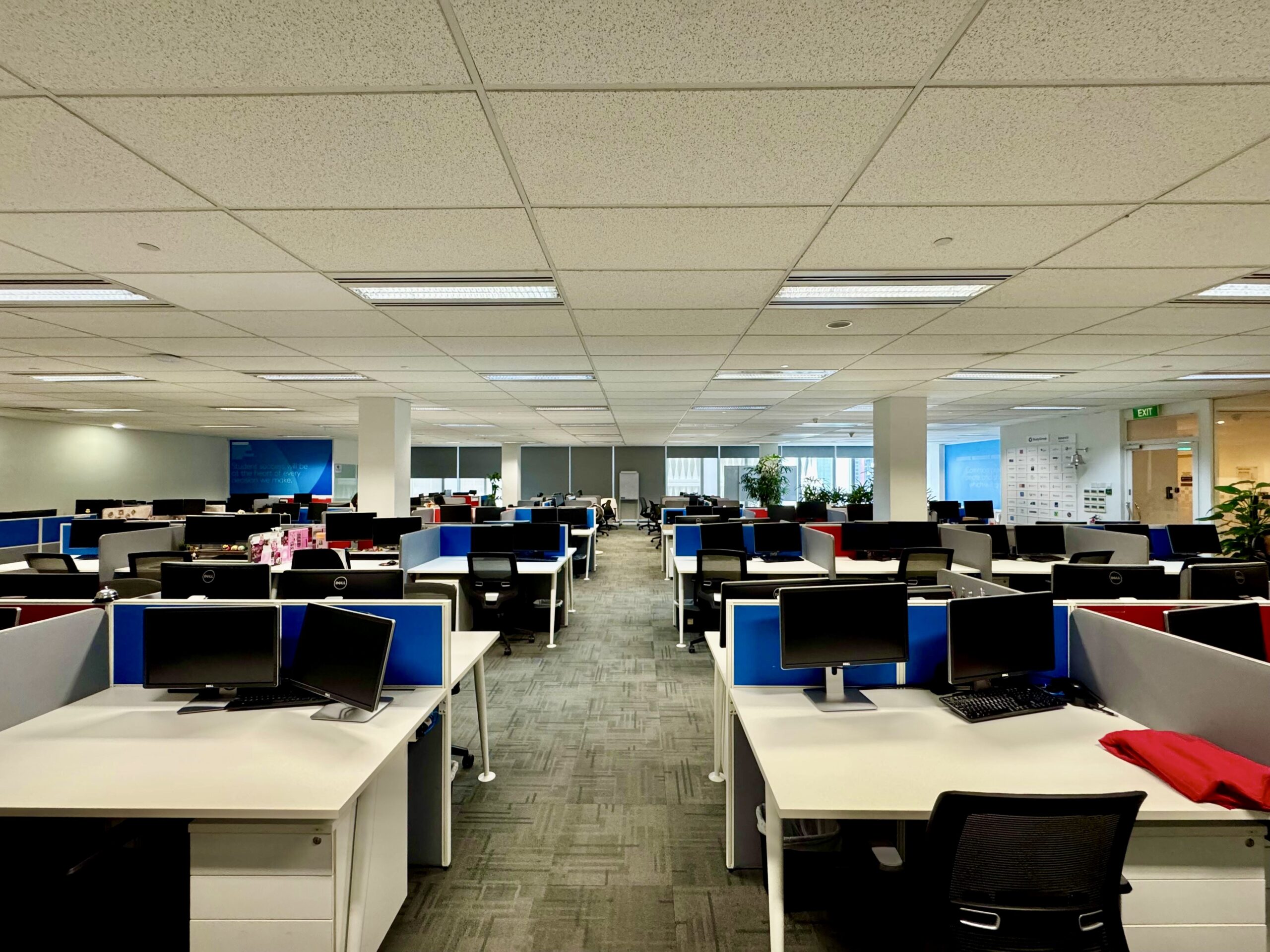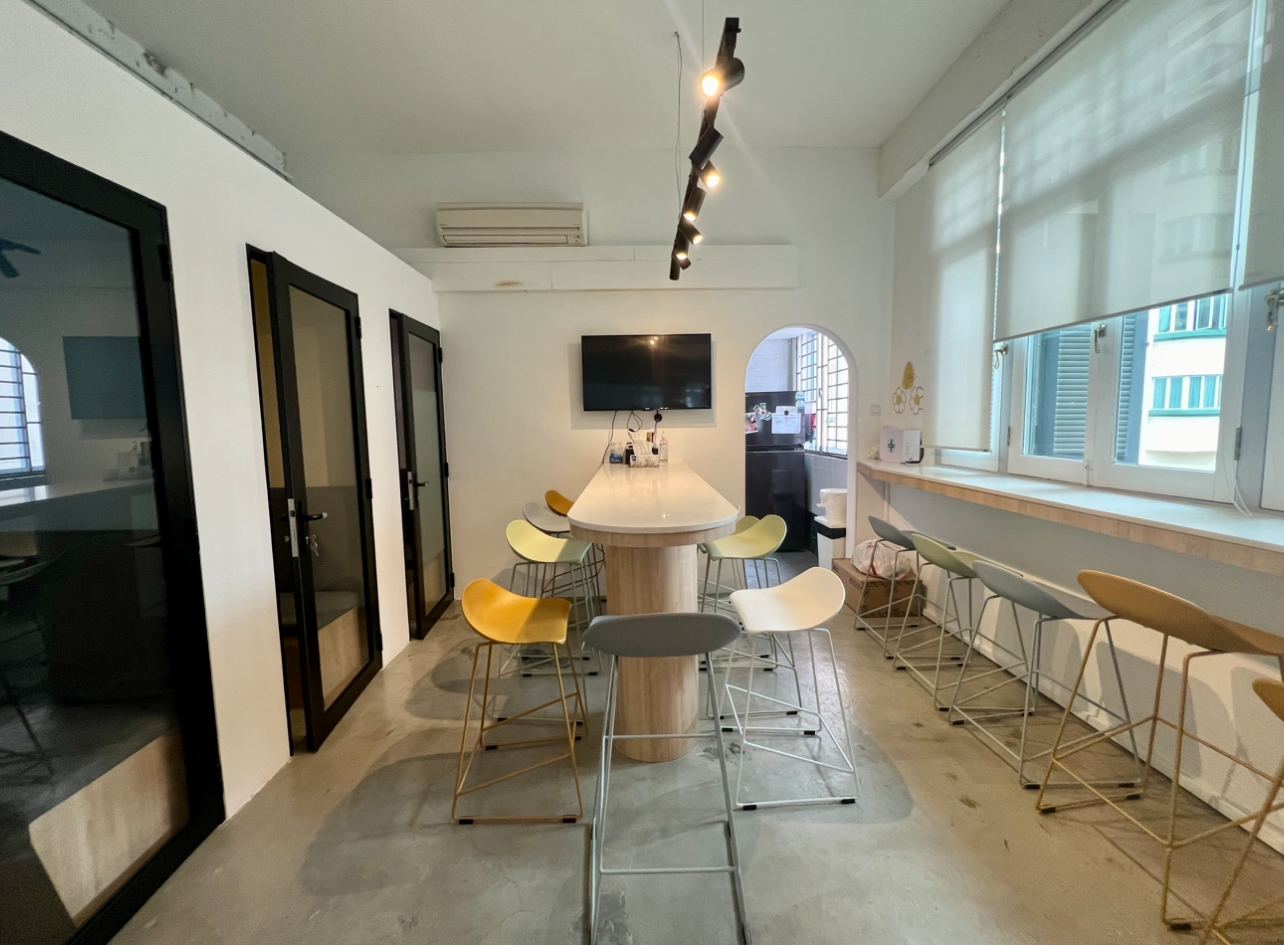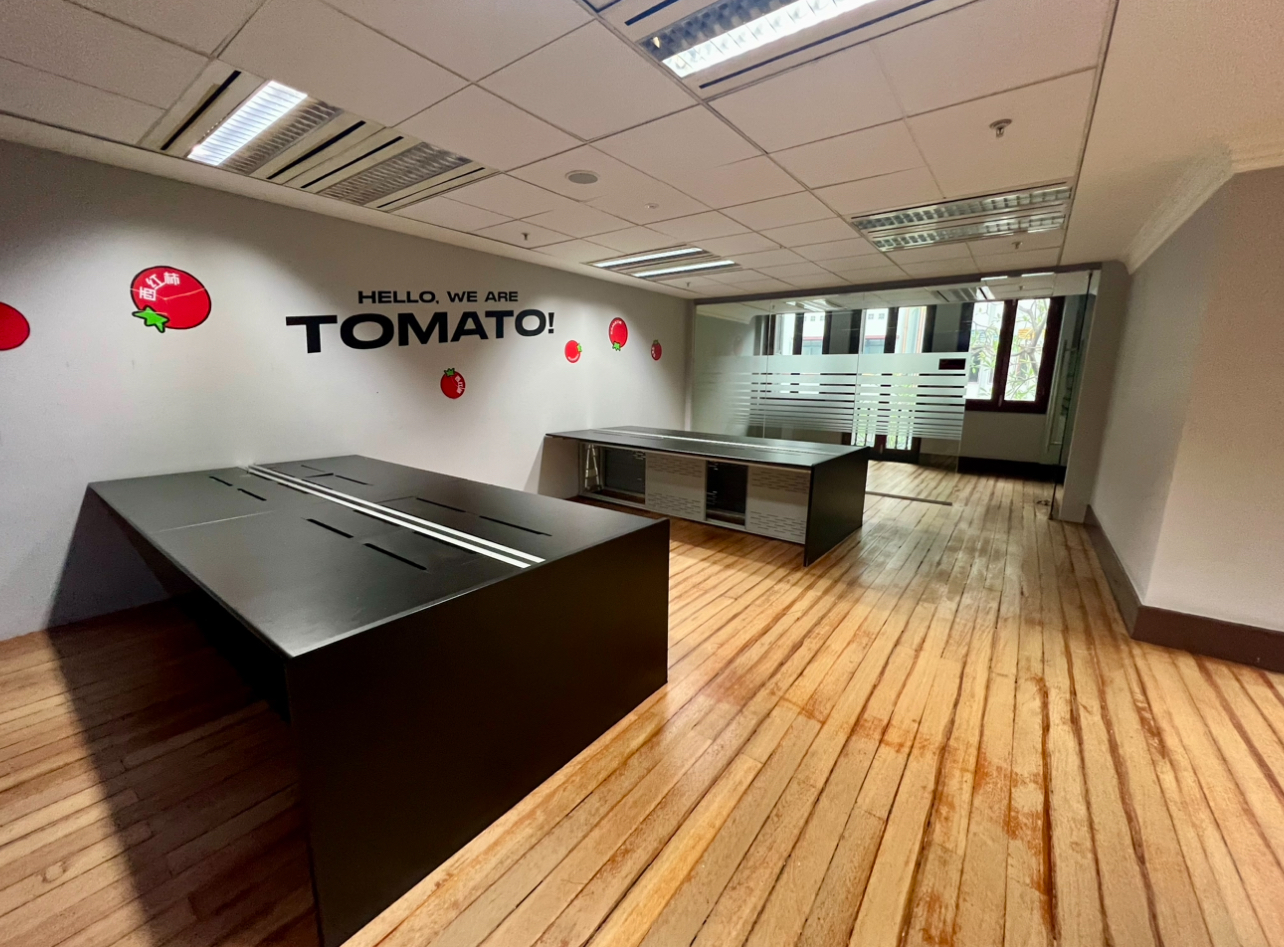In recent years, conservation shophouses in Singapore have gained significant popularity as investment and rental properties. These unique and historically significant structures offer distinct architectural designs, desirable locations, and cost-effectiveness compared to other property types. While conservation shophouses have witnessed a shift in usage from traditional retail spaces to diverse applications such as offices, yoga studios, and gyms, they also present certain challenges for prospective tenants. This article aims to explore the obstacles encountered by tenants when seeking a conservation shophouse office in Singapore, with a focus on three key areas: floor area limitations, unpredictable surroundings, and maintenance responsibilities.
1. Floor Area Limitation:
One common challenge faced by tenants is the discrepancy between the advertised floor area and the actual usable space. Often, the advertised area does not account for non-usable spaces within the shophouse, such as toilets, stairways, and air well spaces. Consequently, the usable area may be smaller than initially expected, leading to tenant frustration. Furthermore, the distinctive design of shophouses, even those without internal toilets, typically incorporates shared facilities within the building. Moreover, the irregular and unique shape of shophouses often results in corners and irregularly shaped areas that are less usable. As a result, the actual usable area typically falls within the range of 80 to 95%, making it rare to find a shophouse with 100% usable space. Prospective tenants must gain a clear understanding of the usable space and assess whether it can accommodate their specific requirements, such as the inclusion of a pantry or other necessary amenities within the office area. Personal visits to the premises and engaging contractors for test fits are recommended to accurately evaluate the space’s capacity.
Please see below an illustration of the floor plan:
2. Unpredictable Surroundings
The unpredictable nature of shophouses and their surrounding environment poses another challenge for tenants. While renting a shophouse may initially provide a sense of security through fixed lease terms and established pricing, unforeseen circumstances can arise. For instance, neighboring shophouses may undergo unexpected changes in usage, such as being converted into noisy establishments like gyms, clinics, F&Bs, etc … Unlike office units, shophouses do not adhere to strict fitting-out or renovation guidelines, making it vital for tenants to assess the surrounding area before signing the lease. By understanding the predominant character of the neighborhood, whether it is known for its tranquillity or vibrancy, tenants can mentally prepare themselves for the environment and avoid potential disputes or disagreements after occupying the space.
You can find out more from URA Master Plan.
3. Maintenance Responsibilities:
Due to their historical significance, shophouses present unique maintenance challenges. Some landlords adopt a hands-off approach, leasing properties at affordable rates while transferring the responsibility of property care to tenants. Consequently, tenants are expected to address minor issues independently, such as dealing with clogged sinks or malfunctioning light fixtures. Conversely, other landlords charge higher rents and actively maintain the property, assuming responsibility for both structural and minor maintenance concerns. However, even proactive landlords may overlook minor issues, such as stuck toilet doors or loose strips on staircases. Engaging reliable contractors for repair and maintenance tasks can be a daunting process, often involving challenges in finding dependable professionals and navigating approvals and permits. To mitigate these challenges, tenants are advised to engage efficient, prompt, and dependable handymen who can promptly address maintenance issues, either by visiting the premises or assessing them remotely through shared photographs. This approach not only resolves problems swiftly but also showcases tenants as responsible, punctual, and successful business operators, thereby fostering positive relationships with landlords and increasing the likelihood of lease renewals. Moreover, establishing a positive rapport with the landlord may even create opportunities for negotiating rent discounts.
Check out the friendly handman
BIGG Hand – Roger
Tel: 9450 1412
In conclusion, while conservation shophouses in Singapore offer unique and appealing office spaces, prospective tenants must navigate several challenges. Understanding the limitations of floor area, assessing the unpredictable surroundings, and effectively managing maintenance responsibilities are essential aspects of securing a conservation shophouse office. By approaching these challenges proactively and professionally, tenants can enhance their overall leasing experience and foster successful tenancy relationships.
Here are some Shophouses Properties for your consideration:










